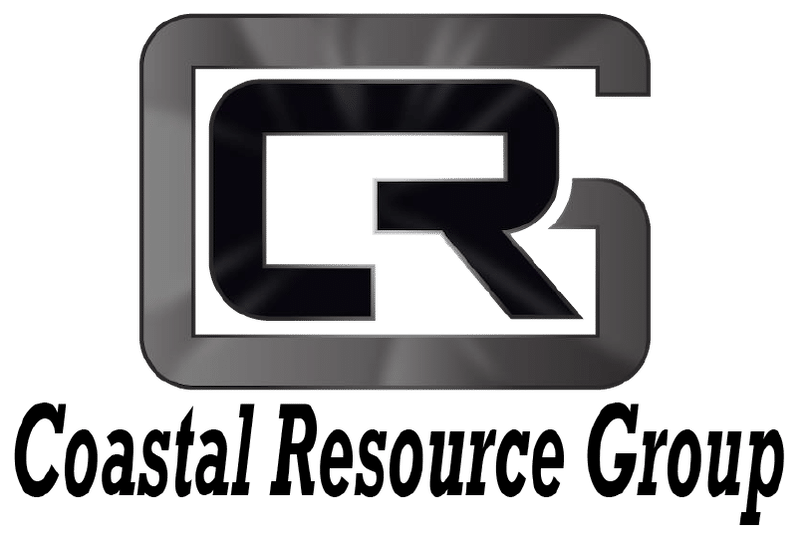Disaster Response & Recovery
At Coastal Resource Group, we recognize the importance and demands a response requires in the wake of a natural or man-made disaster. The CRG team has deployed to many impacted disaster areas throughout the United States, and we have witnessed firsthand the challenges local, state, and federal governments face. These response and recovery challenges range from logistical coordination of contractors and utility operators, to removing electrical power line hazards during emergency road clearing operations, as well as debris removal from the public roads and right-of-ways. CRG’s response team is dedicated in offering solutions to keep your workers, contractors, and communities safe in the face of a disaster.
CRG Team Experiences
- Hurricane Katrina (2005)
- Hurricane Ike (2008)
- Deep Water Horizon Oil spill (2010)
- Super Storm Sandy (2012)
- Hurricane Matthew (2016)
- Hurricane Harvey (2017)
- Hurricane Irma (2017)
- CA Wine Country Wildfires (USACE NorCal 2017)
- Hurricane Michael (2018)
- Camp Fire (CA 2018)
- Winter Storm Gia (2019)
- Hurricane Dorian (2019)
- COVID-19 Response (2020)
- Tropical Storm Imelda (2020)
- Tropical Storm Isaias (2020)
- Derecho Iowa (2020)
- Hurricane Laura (2020)
- Hurricane Sally (2020)
- Almeda Wildfire (2021)
- Tornado Outbreak KY (2021)
Disaster Project Management & Technical Assistance
CRG’s technical assistance (TA), provides targeted communication and support to our clients requiring disaster specific support. Our advisors are aware of the specific circumstances related to disaster response and recovery efforts using the following core principles:
Effective technical assistance consists of:
Collaborative
Work jointly with our client’s staff to identify needs.
Systematic
Use a methodical approach.
Targeted
Determine target areas for greatest impact.
Adaptive
Be flexible.
Customized
Personalize our client’s individual demands.
Results-driven
Identified through achieving project objectives.
Using our comprehensive experience, we provide project management and technical assistance to support government elected and appointed officials with their response and recovery missions. By utilizing our knowledge of the FEMA standards found in the Public Assistance Program & Policy Guide (PAPPG) and the Stafford Act, these regulations, and policies, enable CRG to focus on the critical stages in relation to an impacted community’s response and recovery.
These critical stages consist of:
Pre-Planning Preparations
Preliminary Damage Assessment (PDA)
Third-party technical assistance (Project management & safety oversight)
Debris quantity estimates (Cubic yards/Tons)
Emergency push/road clearance
Debris eligibility criteria & reimbursements
Temporary Debris Management Sites (TDMS) permitting and Final Disposal Site (FDS)
Agency coordination (Memorandum of Understanding (MOU), Multi-agency liaison and correspondence, e.g., FEMA, USACE, EMA, DOT)
Private Property Debris Removal (PPDR)
Household Hazardous Waste (HHW)
Hazardous Limb, Tree, and Stump removal
Disaster Pre-Planning and Response Workshops
CRG offers specific critical stage workshops for clients with knowledge of the FEMA public assistance policy and debris removal operations that follow disasters. Our workshops provide important information about contract procurement best practices. These workshops also cover debris collection methods and debris monitoring requirements.
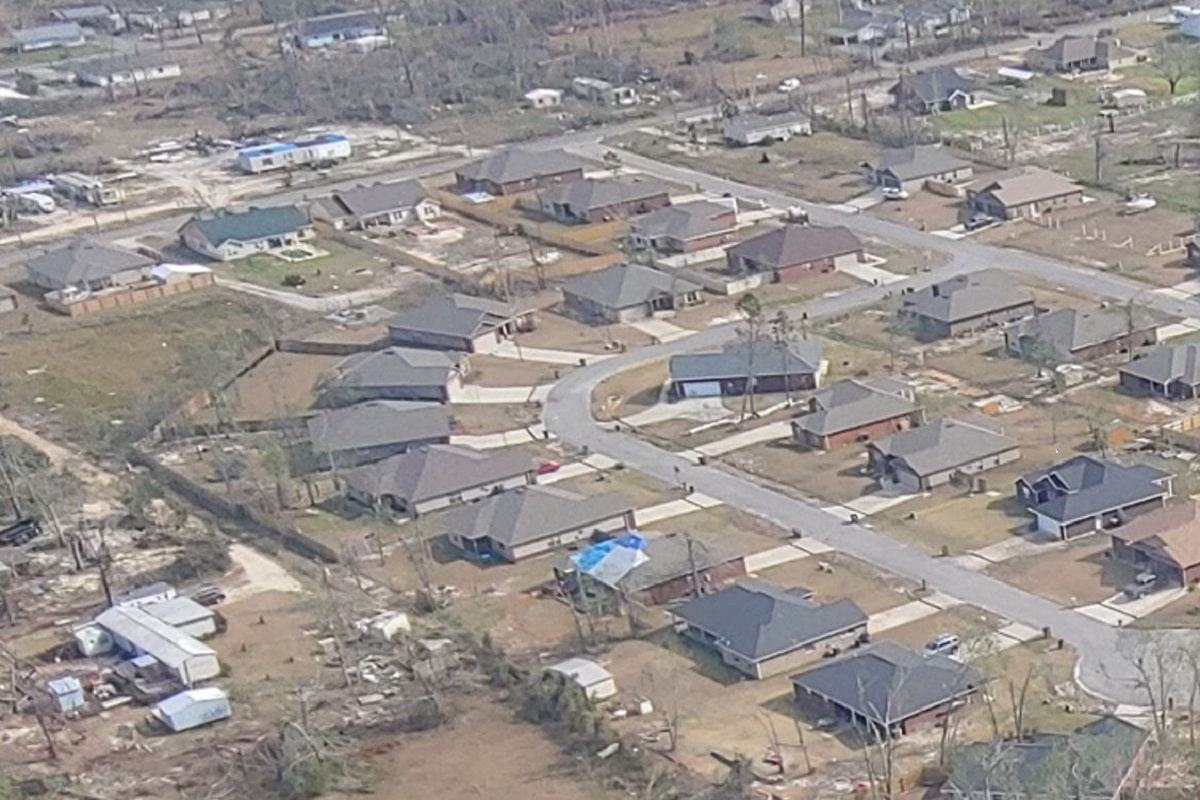
Fundamentals of Disaster Debris Management
Workshop Overview
CRG Disaster Specialist
Description: FEMA disaster debris removal guidelines (FEMA Public Assistance Program and Policy Guide and Stafford Act)
Learning Objectives:
- Stafford Act
- Preposition Contracts vs Emergency Procurement
- Emergency Response vs Recovery
- Emergency Road Clearing
- Debris Management Site (DMS) & Permitting
- Right of Way Debris Removal
- Debris Monitoring Roles & Responsibilities
- Disaster Response Safety
- Final Disposal
- Site Remediation and Close Out
- After Action Review
Overview: This four-hour workshop will introduce participants to the fundamentals of managing a debris removal operation, and following the guidelines set forth by the Federal Emergency Management Agency. The discussion will include detailed information about the processes associated with disaster debris removal including best practices for contracting, monitoring, permitting and disposal of different debris streams. This session will include PowerPoint presentations, videos, and demonstrations to illustrate the various topics covered in this workshop.
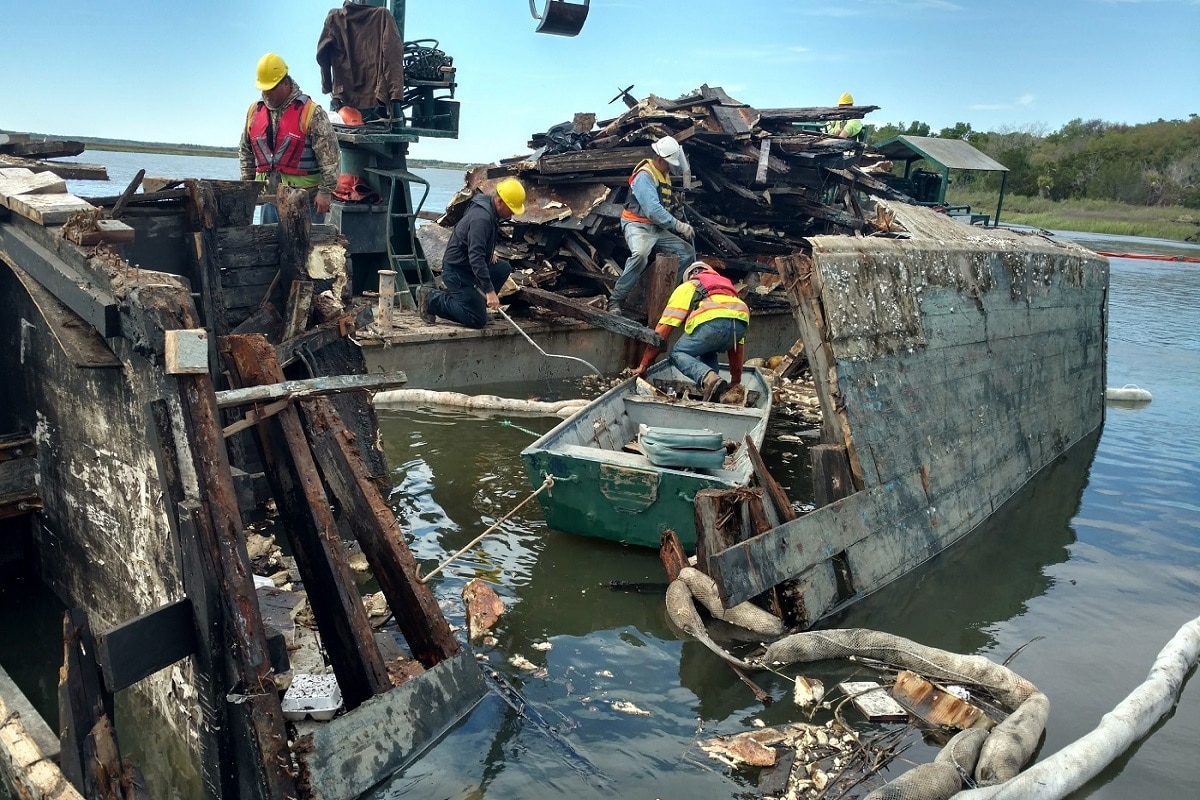
Water Debris Management
Workshop Overview
CRG Disaster Specialist
Description: Debris removal from waterways to eliminate the immediate threat to life, public health, and safety.
Learning Objectives:
- Applicant Responsibility for Navigable Waterways
- EPA, USCG, USACE Specific Authority
- Vegetation Debris
- Non-Navigable Waterways
- Construction & Demolition Debris
- Vessel Salvage & Recovery
Overview: This four-hour workshop will introduce participants to removing various debris types from waterways that is necessary to eliminate the immediate threat to life, public health and safety, or improved property. Removal of debris in a waterway that does not meet this criterion is ineligible, even if the debris is deposited by the incident. Debris deposited by the incident may obstruct a natural waterway or a constructed channel, including flood control works. In these cases, removal of the debris from the waterway is eligible if the debris poses an immediate threat. This session will include PowerPoint presentations, videos, and demonstrations to illustrate the various topics covered in this workshop.
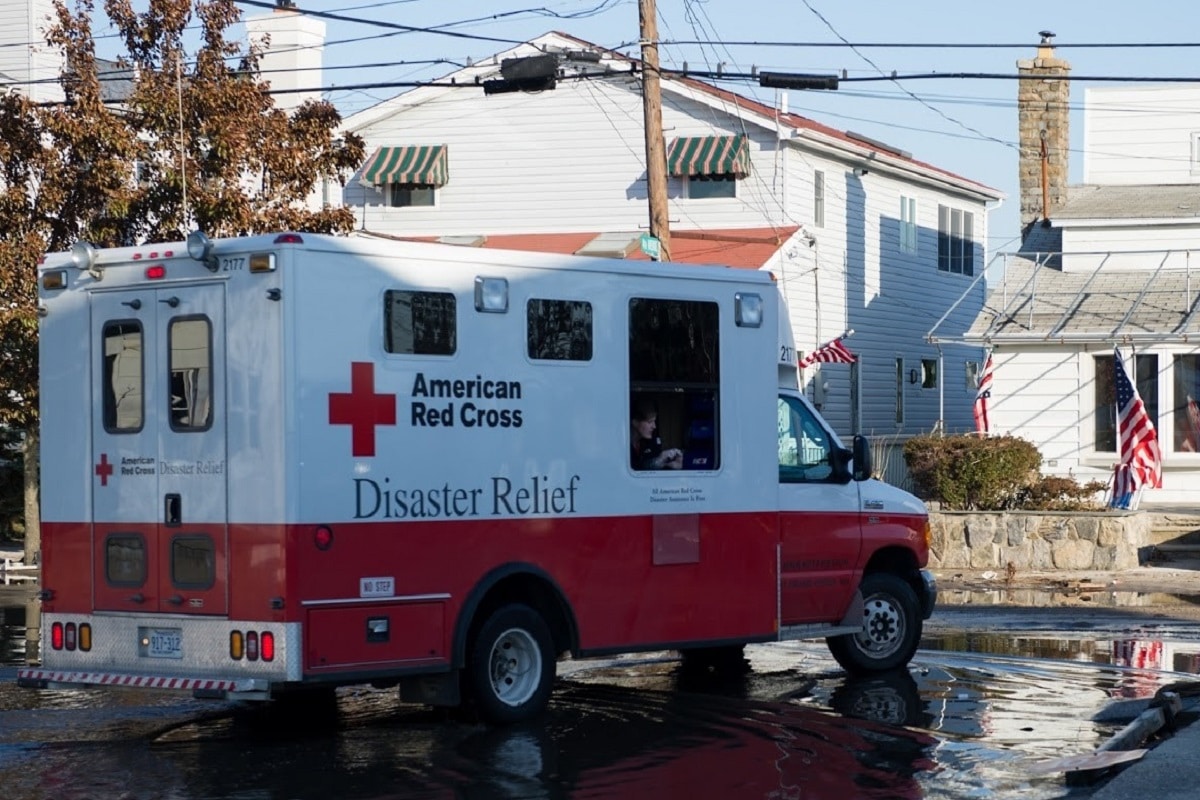
Volunteer & Donated Resources
Workshop Overview
CRG Disaster Specialist
Description: This workshop is designed to strengthen, prepare for, and manage volunteers before, during, and after a severe emergency or major disaster.
Learning Objectives:
- Identify Situations Volunteers Contribute to Response and Recovery Operations
- Knowledge Requirements for Volunteers
- Volunteers & Debris Eligibility Criteria
- Develop a Volunteer Program
- Volunteer Reception Development
- Donated Resources
Overview: This two-hour session will introduce participants to individuals and organizations who donate resources to assist with response activities. FEMA does not provide public assistance funding for donated resources. However, FEMA allows the Applicant to use the value of donated resources (non-cash contributions of property or services) related to eligible Emergency Work to offset the non-Federal cost share of its eligible Emergency Work projects and direct federal assistance; and to use the value of donated resources related to eligible work on a Permanent Work Project to offset the non-Federal cost share of that specific Permanent Work. At the end of this workshop, you should be able to describe the value that volunteers provide to emergency management during a disaster. This session will include PowerPoint presentations, videos, and demonstrations to illustrate the various topics covered in this workshop.
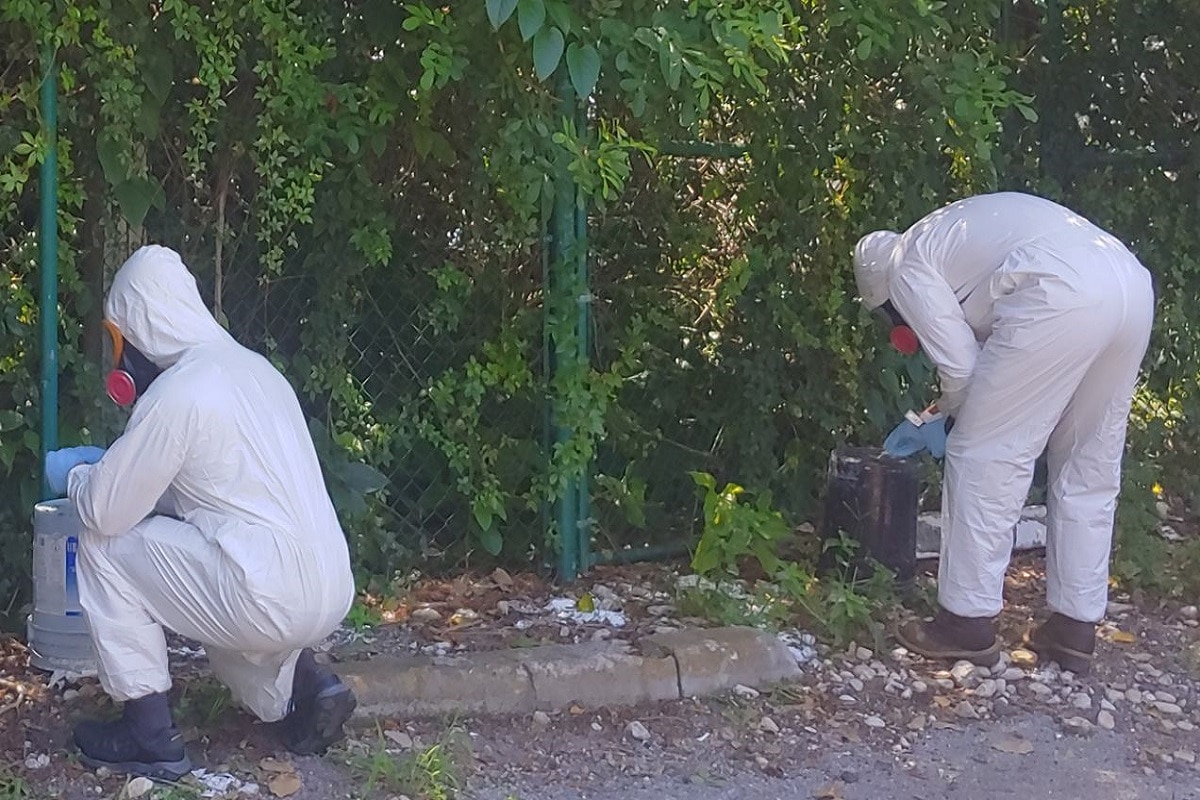
Household Hazardous Waste & Contaminated Debris Management
Workshop Overview
CRG Disaster Specialist
Description: Removal and disposal of pollutants and hazardous substances.
Learning Objectives:
- ROW Staging, Segregating, Collection, and Transport
- DMS Containment Area
- Certified & Licensed Hazardous Waste Contractors
- Chemical Identification of Unknown Materials
- Unexploded Ordnance (UXO)
- Contaminated Floodwaters
- Clean-up & Remediation
- Analytical Sampling & Source Removal
- Household Hazardous Waste Regulations & Exemptions
Overview: This four-hour workshop will introduce participants to Household Hazardous Waste (HHW) consisting of hazardous products and materials that are used and disposed of by residential consumers, rather than commercial or industrial consumers. HHW includes, but is not limited to, paints, solvents, pesticides, petroleum, corrosive, and other dangerous products or materials containing volatile chemicals that catch fire, react, or explode under certain circumstances, or that are toxic. The Comprehensive Environmental Response Compensation and Liability Act (CERCLA) authorizes the Federal Government to respond directly to releases or threatened releases of hazardous substances that may endanger public health or the environment. Under CERCLA and the Clean Water Act (CWA), EPA and the USCG have the authority to respond to actual or potential discharges of oil, hazardous substances, pollutants, and contaminants that may present an imminent and substantial danger to public health or welfare. EPA has responsibility for responses in the inland zone and the USCG has responsibility for responses in the coastal zone. When providing public assistance funding for work involving the handling of hazardous materials, FEMA must ensure compliance with the Resource Conservation and Recovery Act (RCRA). This session will include PowerPoint presentations, videos, and demonstrations to illustrate the various topics covered in this workshop.
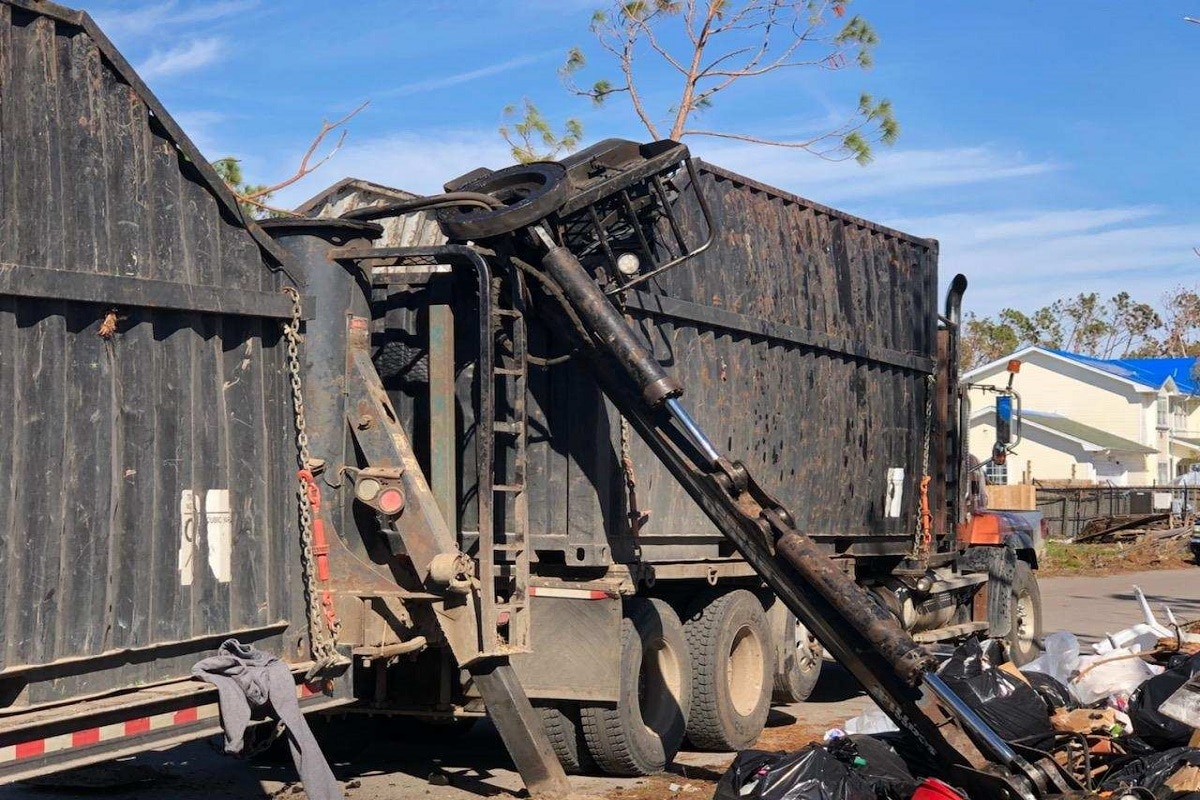
Disaster Response Safety
Workshop Overview
CRG Disaster Specialist
Description: Disaster response personnel are expected to work safely and follow state and federal occupational health and safety regulations to eliminate illness, injuries, and reduce other personnel and property liabilities.
Learning Objectives:
- Emergency and Operational Safety Plans
- State, Federal, & USACE Safety Regulations
- Personal Protective Equipment
- Hazardous Waste Operations & Emergency Response
- Hazard Identification & Risk Mitigation
- Right-of-way Debris Management Safety
- Water Debris Management Safety
- Heavy Equipment & Special Vehicles
- Electrical Hazards
- DMS Safety
- Loading & Hauling Safety
- Hazardous Tree Removal
- Construction & Demolition Debris
- Underground Utility Location
- Personnel Training & Qualifications
- Sanitation
- Waterway Diving Operations
- Pressurized Tanks & Cylinders
- Critical Lift Operations
- Excavations & Trenching
- Scaffold, Scissor Lifts & Elevated Platforms
- Traffic Control & Warning Devices
- Communications & Emergency Alert Systems
- Weather
- Lines of Authority & Controlling Employer
- Natural & Wildlife Hazards
- Civil Disorder
- OSHA’s Top 4 Safety Hazards
- Lessons Learned
Overview: This six-hour workshop will introduce participants to the management of safety during disaster response and recovery operations. Occupational safety is the responsibility of prime contractors, subcontractors, monitoring firms, and other related organizations managing and performing the work. Due to the various number of tasks and the amount of personnel associated with debris operations, the hazards and risk are much higher for the potential of injury or illness. Many lessons have been learned from previous disasters to help improve the safety future disaster responses. This session will include PowerPoint presentations, videos, and demonstrations to illustrate the various topics covered in this workshop.
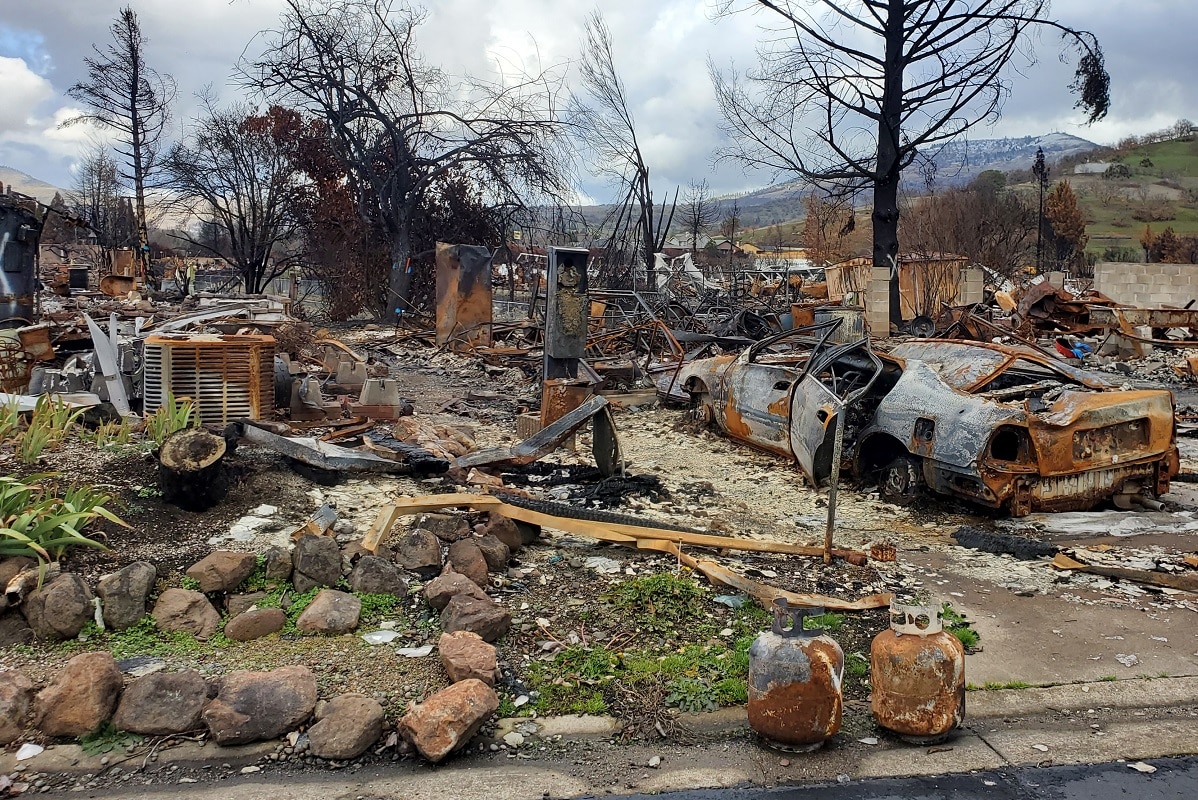
Full Program
Workshop Overview
This program includes all 5 of our disaster pre-planning and response workshops:
Workshop:
Fundamentals of Disaster Debris Management
Workshop:
Water Debris Management
Workshop:
Volunteer & Donated Resources
Workshop:
Household Hazardous Waste & Contaminated Debris Management
Workshop:
Disaster Response Safety
Please refer to each workshop for a detailed programming description including learning objectives and program overview.
